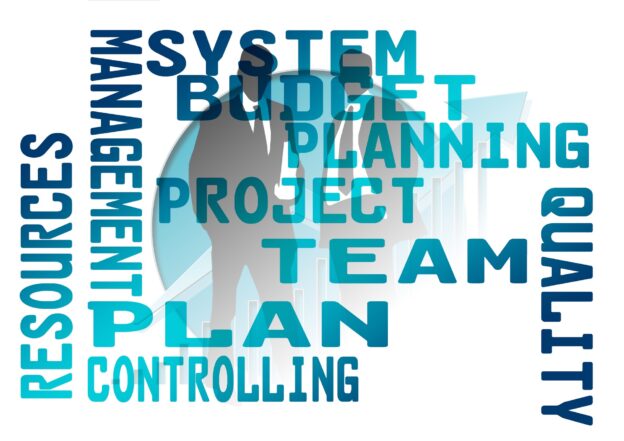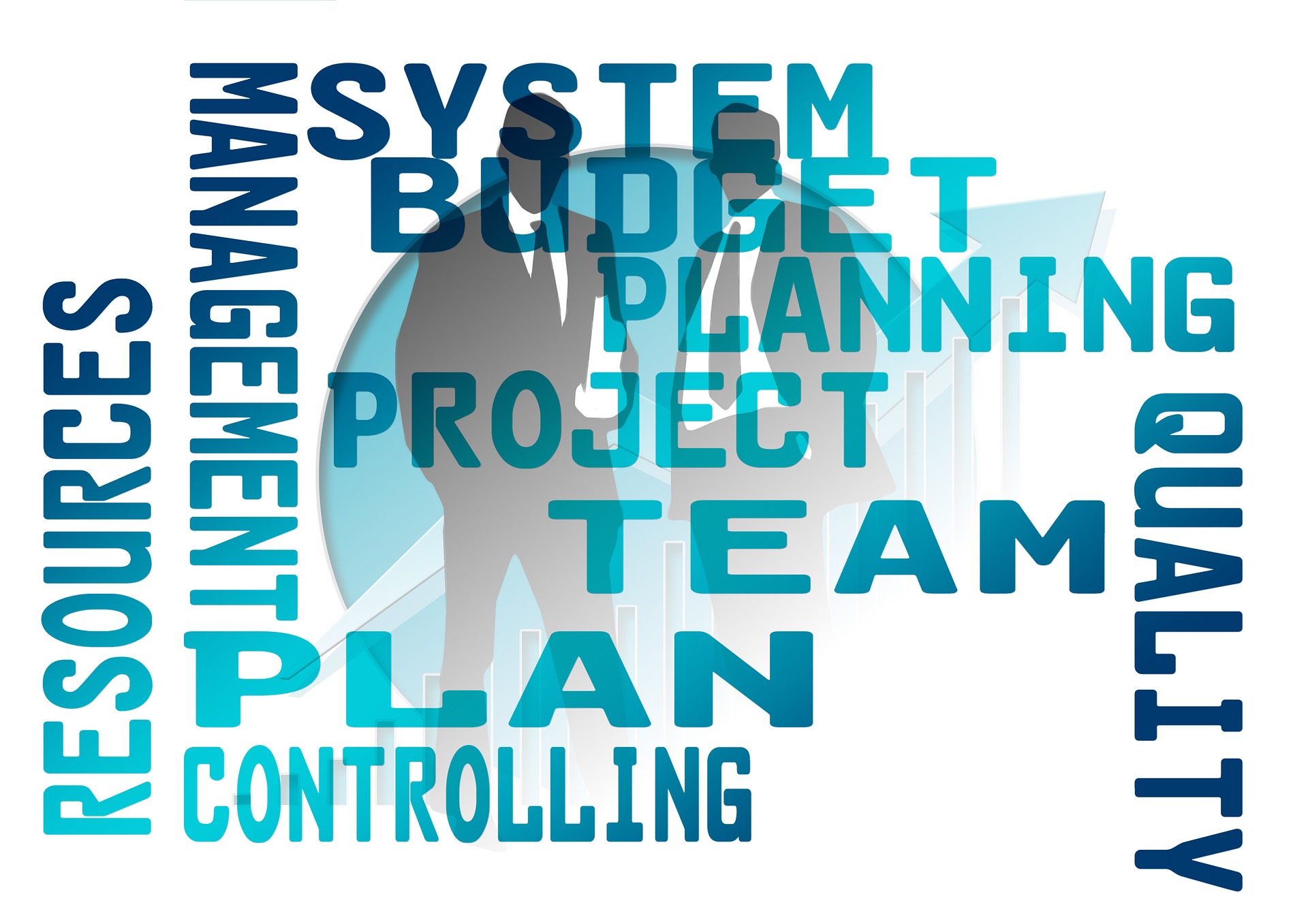If you’re considering starting a business in the vibrant state of Utah, it’s crucial to develop a solid business plan to set yourself up for success. Creating a comprehensive and well-thought-out business plan not only helps you clarify your vision and goals, but it also demonstrates to potential investors and lenders that you have a strategic approach in place. In this article, we will guide you through the essential steps to create a robust business plan for your venture in Utah, equipping you with the knowledge and tools necessary to navigate the competitive business landscape and pave the way for long-term success.

Choosing a Business Structure for Your Utah Venture
When starting a business in Utah, one of the first and most important decisions you need to make is choosing the appropriate legal structure for your venture. Here are some options to consider:
Sole Proprietorship
A sole proprietorship is the simplest and most common form of business structure. In a sole proprietorship, you are the sole owner and operator of the business. This means you have full control over all decision-making and are personally responsible for all debts and liabilities. Setting up a sole proprietorship is relatively easy and inexpensive. However, it may not provide the same level of liability protection as other business structures.
Partnership
A partnership is a business structure where two or more individuals share ownership and responsibilities. There are two main types of partnerships: general partnerships and limited partnerships. In a general partnership, all partners share equal control and liability. In a limited partnership, there are both general partners (with unlimited liability) and limited partners (with limited liability). Partnerships are governed by a partnership agreement, which outlines the roles, responsibilities, and profit-sharing arrangements among the partners.
Limited Liability Company (LLC)
A limited liability company (LLC) combines the liability protection of a corporation with the flexibility and simplicity of a partnership. As an LLC owner, known as a member, you are not personally liable for the company’s debts and liabilities. LLCs are governed by an operating agreement, which outlines the rights and responsibilities of the members, as well as the procedures for decision-making and profit distribution.
Corporation
A corporation is a legal entity that exists separately from its owners (shareholders). It offers the highest level of liability protection but also involves more formalities and legal requirements. Corporations have a board of directors who oversee the company’s operations and make major decisions. Shareholders own the corporation through stock ownership and are not personally liable for the company’s debts.
Nonprofit Corporation
If your business venture has a charitable, educational, or social purpose, you may consider forming a nonprofit corporation. Nonprofit corporations are exempt from certain taxes and can receive tax-deductible donations. However, they must comply with specific regulations and limitations on how they use their funds and operate.
Understanding the Utah Business Laws and Regulations
Before starting a business in Utah, it is crucial to have a good understanding of the state’s business laws and regulations. Here are some key areas to consider:
Utah Business Licensing
Utah requires most businesses to obtain a license to operate legally. The type of license and specific requirements depend on your business activities and industry. It is important to research and comply with all licensing obligations to avoid penalties or potential legal issues.
Employment Laws
As an employer in Utah, you must comply with federal and state employment laws. These include laws related to minimum wage, overtime pay, workplace safety, anti-discrimination, and more. Understanding and adhering to these laws will help ensure fair treatment of your employees and protect your business from legal liabilities.
Tax Requirements
Utah has its own tax laws and requirements for businesses. This includes income tax, sales tax, employee withholding tax, and other taxes specific to certain industries. Familiarize yourself with these tax obligations and consider consulting with a tax professional to ensure proper compliance.
Zoning and Permitting
Depending on the nature of your business, you may need to obtain certain permits or comply with zoning regulations. Zoning laws determine how properties can be used, and obtaining the necessary permits ensures compliance with local regulations. Failure to comply can result in fines or other legal consequences.
Conducting Market Research
Market research is an essential step in developing a successful business plan. By gathering and analyzing information about your target market, competitors, and customer needs, you can make informed decisions and identify potential opportunities for your Utah venture. Here are some key elements to consider:
Identifying Your Target Market
Understanding your target market is crucial for effective marketing and sales strategies. Identify the specific demographic, geographic, and psychographic characteristics of the customers you want to serve. This will help you tailor your products or services to meet their needs and preferences.
Analyzing Competitors
Analyzing your competitors allows you to understand their strengths, weaknesses, and market positioning. Identify your direct and indirect competitors and analyze their products, pricing, marketing strategies, and customer reviews. This information can help you differentiate your business and develop a competitive advantage.
Understanding Customer Needs
To succeed in the Utah market, it is important to understand the needs and preferences of your target customers. Conduct surveys, interviews, or focus groups to gather insights about their preferences, pain points, and desired solutions. This will help you develop products or services that meet their specific needs and stand out in a crowded market.
Market Trends and Opportunities
Stay updated on market trends, industry forecasts, and technological advancements. This will allow you to identify potential opportunities or threats and adapt your business strategies accordingly. Keep an eye on consumer behavior, emerging technologies, and changes in regulations that may impact your Utah venture.
Developing a Product or Service Strategy
Once you have conducted thorough market research, it’s time to develop a solid product or service strategy. This strategy will define what you offer to your customers and how you differentiate your business from competitors. Consider the following elements:
Defining Your Product or Service
Clearly define the features, benefits, and value proposition of your product or service. Determine what sets it apart from similar offerings in the market and identify any unique selling points.
Unique Selling Proposition (USP)
Consider what makes your product or service unique and why customers should choose it over competitors. Your unique selling proposition (USP) should be a compelling and distinct message that communicates the unique benefits or advantages of your offering.
Pricing Model
Determine the most appropriate pricing model for your product or service. Consider factors such as production costs, market demand, and competitor pricing. Pricing too high or too low can significantly impact your sales and profitability.
Product Lifecycle Management
Develop a plan to manage your product or service throughout its lifecycle. This includes product development, introduction, growth, maturity, and decline. Regularly evaluate your product or service’s performance and make necessary adjustments to remain competitive in the market.
Creating a Marketing and Sales Plan
A strong marketing and sales plan is essential for attracting customers and generating revenue. Consider the following components when developing your plan:
Marketing Objectives
Clearly define your marketing objectives, such as increasing brand awareness, reaching a specific market segment, or generating leads. Your objectives should be specific, measurable, achievable, relevant, and time-bound (SMART).
Target Audience
Identify your target audience based on your market research. This includes demographics, behaviors, interests, and needs. Tailor your marketing messages and channels to effectively reach and engage your target audience.
Marketing Channels
Determine the most effective marketing channels to reach your target audience. This may include digital marketing (website, social media, email marketing, etc.), traditional advertising (TV, radio, print), public relations, events, or partnerships. Select the channels that align with your target audience’s preferences and behaviors.
Sales Strategy
Develop a comprehensive sales strategy that outlines your sales goals, target markets, sales channels, and sales tactics. Determine how you will generate leads, convert leads into customers, and retain customers. Consider training and empowering your sales team to effectively represent your brand and sell your products or services.
Formulating a Financial Plan
A well-developed financial plan is crucial for the success and sustainability of your Utah venture. Consider the following elements when formulating your financial plan:
Startup Costs
Identify and estimate all the necessary startup costs for your business. This includes expenses such as equipment, licenses and permits, marketing, legal fees, inventory, and working capital. Have a thorough understanding of your upfront and ongoing costs to ensure proper budgeting.
Profit and Loss Projection
Create a profit and loss projection to forecast your revenue, expenses, and profitability over a specific period of time. This projection will help you make informed financial decisions and assess the viability of your business model.
Cash Flow Statement
A cash flow statement tracks the inflow and outflow of cash in your business. It helps you understand your cash position and identify any potential cash shortages or surpluses. This statement is crucial for managing your working capital and ensuring you have enough funds to cover your expenses.
Financial Projections
Develop financial projections that outline your expected revenue, expenses, and profits for a specific period (typically three to five years). These projections provide a roadmap for your financial goals and help you evaluate the long-term financial viability of your Utah venture.

Building an Organizational Structure
Establishing a solid organizational structure is key to creating a well-functioning and efficient business. Consider the following components when building your organizational structure:
Management Team
Identify the key members of your management team and their roles and responsibilities. This includes executives, department heads, and other key decision-makers. Ensure that your management team has the necessary skills, experience, and knowledge to effectively lead your Utah venture.
Key Roles and Responsibilities
Define the key roles and responsibilities within your organization. Clearly outline job descriptions and expectations for each position. This will help streamline operations and avoid confusion or duplication of tasks.
Hierarchy and Reporting
Establish a clear hierarchy and reporting structure within your organization. Determine how decisions will be made, who reports to whom, and how information will flow within the organization. This promotes effective communication and accountability.
Policies and Procedures
Develop comprehensive policies and procedures that govern your business operations. This includes HR policies, financial procedures, quality control processes, and any other guidelines or protocols necessary for consistent and compliant operations. Regularly review and update these policies to reflect changes in regulations or industry best practices.
Implementing an Operations Plan
An effective operations plan ensures the smooth and efficient running of your business. Consider the following components when implementing your operations plan:
Location and Facilities
Select a suitable location for your Utah venture that meets your operational needs and is accessible to your target market. Consider factors such as proximity to suppliers, transportation infrastructure, customer footfall, and zoning regulations. Also, determine the facilities and equipment required for your operations and ensure they are properly set up and maintained.
Supply Chain Management
Develop a solid supply chain management system to ensure a steady flow of raw materials or inventory. This includes sourcing suppliers, managing inventory levels, and establishing efficient processes for procurement, storage, and distribution.
Inventory Control
Implement effective inventory control measures to minimize stockouts, prevent excess inventory, and ensure timely fulfillment of customer orders. Consider using inventory management software or tools to optimize your inventory levels and improve overall efficiency.
Quality Assurance
Establish a quality assurance process to ensure that your products or services meet the highest standards. Implement quality control checks, testing procedures, and continuous improvement practices. This will help build customer trust and loyalty while minimizing the risk of product recalls or service failures.

Creating a Risk Management Strategy
Managing risks is crucial for the long-term success and sustainability of your Utah venture. Consider the following components when creating your risk management strategy:
Identifying Potential Risks
Identify and assess potential risks that could impact your business operations and objectives. This includes external risks such as market fluctuations, regulatory changes, or natural disasters, as well as internal risks such as employee turnover, equipment failure, or data breaches.
Risk Assessment and Mitigation
Prioritize risks based on their potential impact and likelihood of occurrence. Develop strategies to mitigate or minimize each identified risk. This may involve implementing risk controls, insurance coverage, contingency plans, or contract provisions.
Insurance Coverage
Consider purchasing appropriate insurance coverage to protect your business from financial losses due to unexpected events. This may include general liability insurance, property insurance, professional liability insurance, or workers’ compensation insurance. Consult with an insurance professional to determine the coverage that best suits your business needs.
Emergency Preparedness
Develop an emergency preparedness plan to handle unforeseen events such as natural disasters, power outages, or cybersecurity breaches. This plan should outline the steps to be taken in case of emergencies and ensure the safety of employees, customers, and business assets.
Evaluating and Monitoring Business Performance
Regularly evaluating and monitoring your business performance is essential for making informed decisions and driving continuous improvement. Consider the following components when evaluating and monitoring your business performance:
Setting Key Performance Indicators (KPIs)
Identify key performance indicators (KPIs) that align with your business objectives. These may include financial metrics (revenue, profitability), operational metrics (customer satisfaction, production efficiency), or marketing metrics (website traffic, conversion rates). Set targets for each KPI and track your performance against these targets.
Tracking Metrics and Analytics
Utilize data and analytics tools to track, measure, and analyze your business performance. This includes tracking website analytics, customer behavior, sales data, and financial metrics. Use this information to gain insights and make data-driven decisions to improve your Utah venture.
Making Data-Driven Decisions
Use the data and insights gathered from your performance tracking to inform your decision-making process. Base your decisions on objective analysis and evidence rather than assumptions or gut feelings. This will help you make informed choices that drive business growth and success.
Continuous Improvement
Embrace a culture of continuous improvement within your organization. Regularly assess your business processes, technologies, and strategies to identify areas for improvement. Encourage feedback from employees, customers, and other stakeholders to drive innovation and enhance your Utah venture’s performance.
By following these steps and creating a comprehensive business plan, you will be well-prepared to start and grow your Utah venture. Remember to seek professional advice, such as that from a business lawyer, to ensure compliance with all legal requirements and maximize your chances of success.
Frequently Asked Questions (FAQs)
-
How do I choose the right business structure for my Utah venture?
- Choosing the right business structure depends on various factors such as liability protection, tax implications, and operational flexibility. It is recommended to consult with a business lawyer who can assess your specific needs and guide you in selecting the most suitable structure.
-
What are the key business laws and regulations I need to be aware of in Utah?
- Key business laws and regulations in Utah include business licensing requirements, employment laws, tax obligations, and zoning regulations. It is crucial to understand and comply with these laws to avoid legal issues and penalties.
-
How important is market research for my Utah venture?
- Market research is essential for understanding your target market, identifying competitors, and recognizing customer needs. It helps you make informed business decisions and capitalize on market opportunities. Conducting thorough market research is highly recommended.
-
What should be included in a financial plan for a Utah venture?
- A financial plan for a Utah venture should include startup costs, profit and loss projections, cash flow statements, and financial projections. These elements help you understand your financial position and make informed decisions regarding funding, budgeting, and long-term sustainability.
-
How can I effectively monitor and evaluate the performance of my Utah venture?
- Monitoring and evaluating business performance requires setting key performance indicators (KPIs), tracking relevant metrics and analytics, making data-driven decisions, and continuously seeking improvement. Regularly reviewing and analyzing your business performance will help you identify areas of strength and areas that need improvement.

















